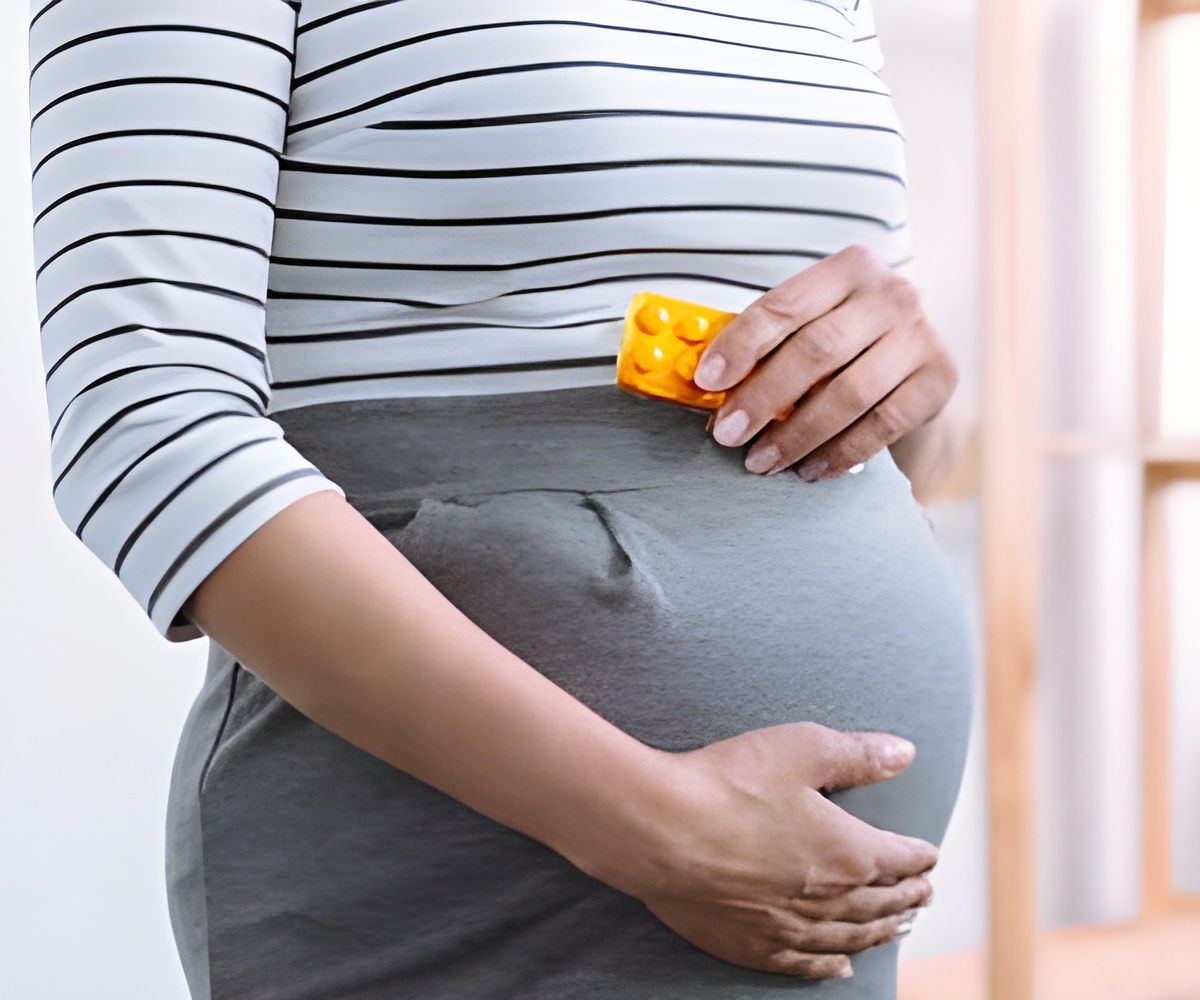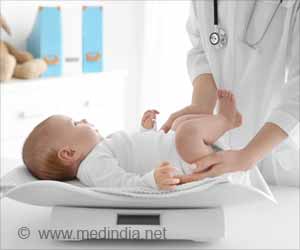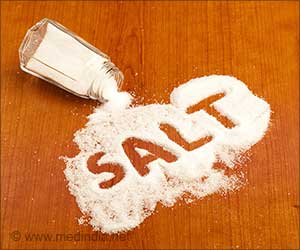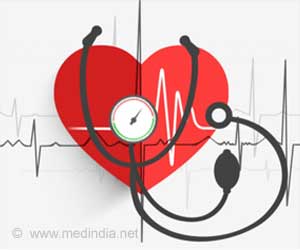
‘Women who develop high blood pressure during pregnancy are at a two-fold risk of heart failure post-delivery. The need of the hour is to monitor women before discharge and after giving birth, through the postpartum period.’
Tweet it Now
Research indicates that women with high blood pressure, especially during pregnancy, are at a two-fold risk of heart failure post-delivery. The need of the hour is to monitor women before discharge and after giving birth, through the postpartum period.Speaking about this, Padma Shri Awardee, Dr KK Aggarwal, President, HCFI, said, “Hypertension during pregnancy can be detrimental to both the mother and the baby. Women with high blood pressure can develop resistance in their blood vessels. This hampers the flow of blood throughout the body including the placenta and uterus leading to problems with fetal growth.
It can also cause premature detachment of the placenta from the uterus, disruption in the flow of oxygen to the placenta leading to delayed fetal growth, or in worst cases even stillbirth. If not closely monitored before, during, and after childbirth, it may become a major cause of heart problems including heart failure in such women. Some other fatal repercussions of high blood pressure include pre-term birth, seizures, or even death of the mother and the baby.” Heart failure, or peripartum cardiomyopathy, can occur up to five months after giving birth. Some symptoms of this condition include tiredness, shortness of breath, swollen ankles, swollen neck veins and feeling of missed heartbeats or palpitations.
Adding further, Dr Aggarwal, who is also the Group Editor-in-Chief of IJCP, said, “It is imperative for women diagnosed with hypertension to remain hospitalized for some time. Although the damage caused by peripartum cardiomyopathy to the heart is irreversible, it can still function with the help of some medications and treatment. In severe cases, a heart transplant may be recommended. Women must take steps to bring blood pressure under control from the time they wish to conceive, through certain lifestyle changes.”
Drugs such as beta-blockers can help reduce blood pressure. Diuretics are another class of drugs that help lower blood pressure by removing excess water and salt from the body. Some other treatment options include coronary artery bypass surgery and implantable cardioverter defibrillators.
Advertisement
- Monitor your blood pressure before, during, and after pregnancy
- Consume less salt as a high intake can raise blood pressure
- Be physically active even during pregnancy. Sedentary women are likely to gain more weight than required, which can increase the risk of hypertension
- Make sure you are not taking medication that can raise blood pressure levels. If you already have high blood pressure, talk to your doctor about the steps that need to be followed
- Get regular prenatal checkups
- Tobacco and alcohol are not safe during pregnancy and must be avoided
Source-Medindia













